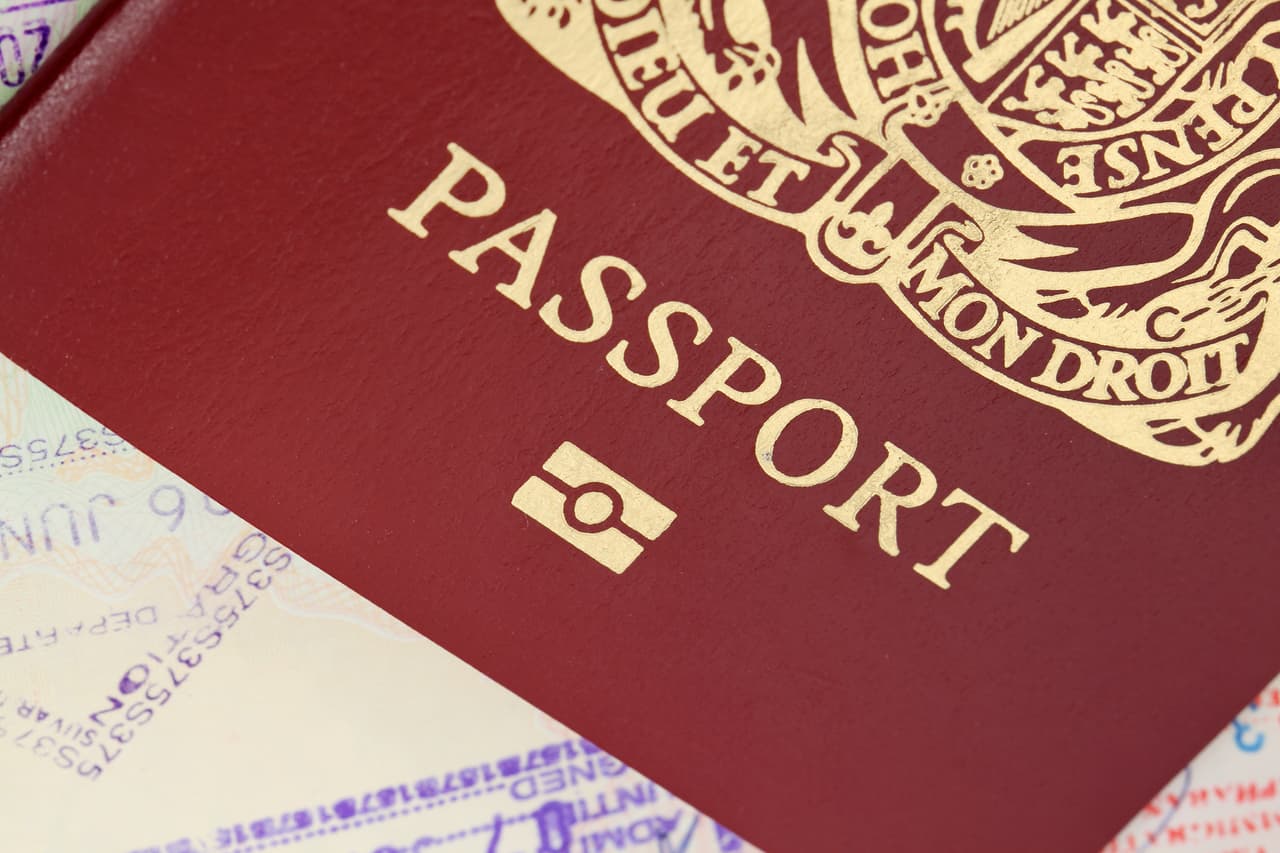
Lawmakers scathing on plans to expand citizenship-stripping powers
New legislation would allow the Home Office to make UK nationals stateless (PHOTO: Shutterstock)
Parliamentarians have launched a scathing attack on plans laid out by the Home Secretary that would allow her to render people stateless.
In January, May inserted a last-minute clause into the Immigration Bill that would expand her current powers to remove the citizenship of terrorism suspects. The Joint Committee on Human Rights, which includes both peers and MPs, today released its second report on the Immigration Bill, including strong criticism of the proposed measures.
The report questioned the timing of Theresa May’s amendment on statelessness and said that the new power ran a ‘very great risk of breaching the UK’s obligations’ to other nations if Britons were to be made stateless while overseas.
– Joint Committee on Human Rights
May inserted the clause into the Immigration Bill allowing her to strip the UK citizenship of British nationals who hold no other nationality a matter of hours before it reached its parliamentary report stage on January 30.
But her intention to do so appeared in the press several months previously, shortly after the Supreme Court ruled the Home Office had illegally revoked the UK citizenship of an Iraqi-born man, Hilal al-Jedda, because he held no other nationality.
‘We note that the possibility of introducing a power such as this was being publicly floated by the Home Secretary in media interviews… as long ago as November last year,’ the committee found. ‘[The clause] was not preceded by any consultation and the Government has not explained the urgency which requires it to be added to the Bill at such a late stage in the Commons.’
Related story – Home Secretary pushes through ‘controversial’ powers to make people stateless
The committee’s report came as peers began tabling further amendments to the Immigration Bill, which passed with an overwhelming majority in the Commons.
The Home Secretary currently has the power to strip dual nationals of their British citizenship if she suspects they have acted in a manner ‘not conducive to the public good’ – in practice used for terror suspects – or obtained their citizenship on fraudulent grounds.
The UK has stripped 41 individuals of their British nationality since 2002. Of these orders, 27 have been issued on ‘conducive’ grounds. The Bureau reported in December last year that 20 people had had their citizenship revoked in 2013 – more than all previous years under the Coalition combined.
The Home Office has stated that it does not wait until suspects are out of the UK before it revokes their citizenship as a matter of course. ‘It is true that people have been deprived while outside the UK, but I do not accept that it is a particular tactic,’ Immigration Minister James Brokenshire told MPs last month.
– Joint Committee on Human Rights
But an investigation by the Bureau found the Home Office deliberately waited until at least one man, referred to in court documents as L1, was out of Britain before ordering his nationality to be rescinded. Of the 18 individuals the Bureau has identified who had their citizenship removed, 15 are known to have been out of the country at the time the order was given.
The committee called on the government to disclose how many times orders had been issued while individuals were abroad.
‘We would be very concerned if the Government’s main or sole purpose in taking this power is to exercise it in relation to naturalised British citizens while they are abroad, as it appears that this carries a very great risk of breaching the UK’s international obligations to the State who admitted a British citizen to its territory,’ the report said.
‘Parliament is entitled to be told in how many cases in recent years the current power to deprive of citizenship has been exercised while abroad.’
The decision to revoke someone’s citizenship is made without judicial scrutiny in advance. While affected individuals have 28 days to appeal, legal processes can take years to complete and hearings are often based upon secret evidence.
Related story – Home Secretary waited until terror suspect was abroad before citizenship-stripping
The committee expressed concern over the government’s reluctance to divulge how many decisions had been based upon secret evidence, which requires May to issue a certificate limiting the right to appeal.
‘In light of the seriousness of the consequences for the individual… we are surprised that the Secretary of State is not prepared to inform Parliament of the number of cases… resulting in only the more limited right of appeal to the Special Immigration Appeal[s] Commission being available,’ the report said. ‘We again call on the Government to make this important information available to Parliament.’
The report also highlighted the Home Office’s apparently contradictory statements in explaining its legal justifications for amending the Immigration Bill.
In January, May told MPs that the statelessness process ‘applies in cases where the individual could access the citizenship of another country.’ But when probed by the committee, the Home Office said: ‘The power is not limited to those who have recourse to another nationality.’
The committee said it was ‘surprised’ at this response ‘because it suggests that the scope of the power is intended to be significantly wider than was first indicated.’
The report added: ‘The new power will lead to an increase in statelessness, which represents a significant change of position in the human rights policy of the UK, which has historically been a champion of global efforts to reduce statelessness.’




